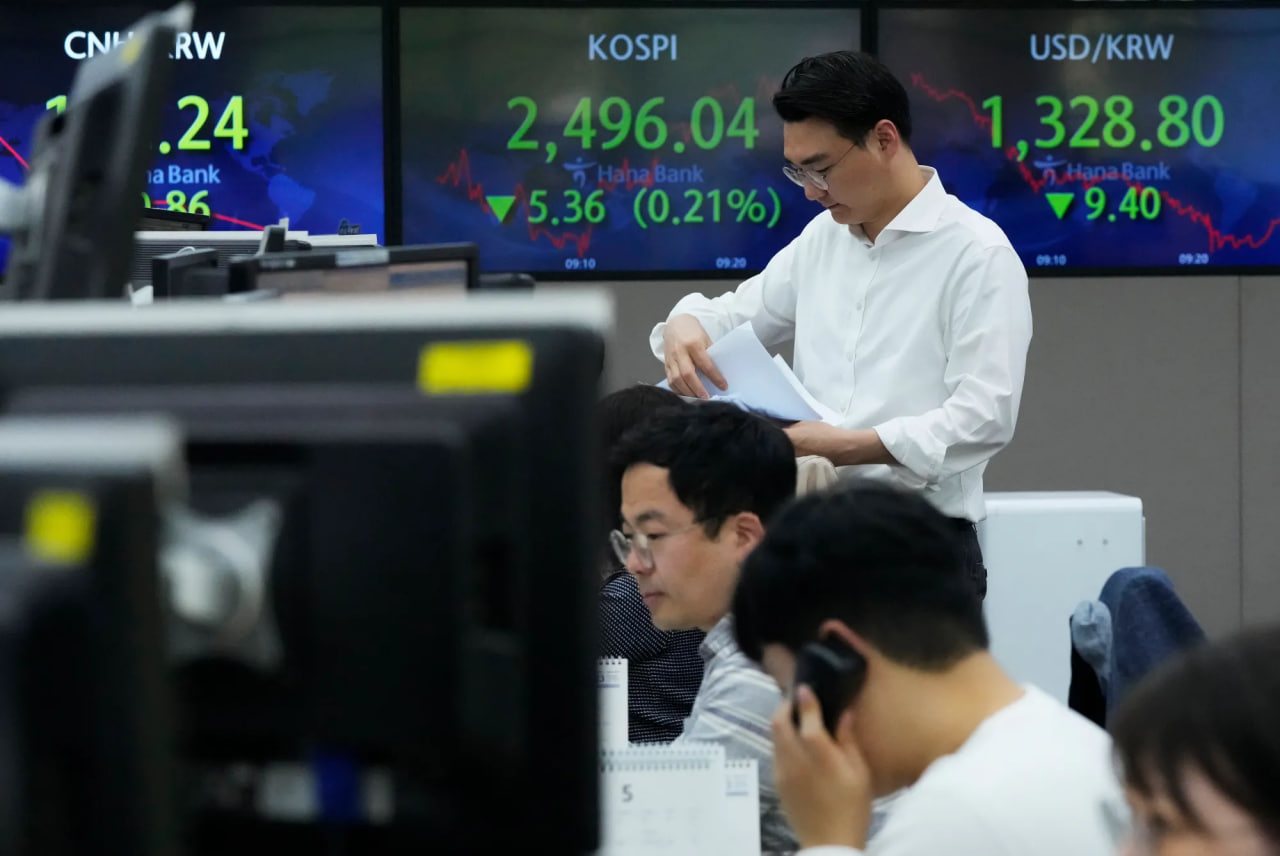Syria's Shifting Sands: A Deep Dive into the Upcoming Turkish and Qatari Delegations
Meta Description: Turkey, Qatar, Syria, diplomatic relations, regional stability, Shaam Liberation Organization, Bashar al-Assad, political negotiations, Middle East conflict resolution, geopolitical analysis.
Forget the headlines, folks! We're diving deep into the real story behind the upcoming visit by Turkish and Qatari officials to Syria – a visit shrouded in secrecy, rife with speculation, and potentially a game-changer for the entire Middle East. This isn't just another news flash; this is a tectonic shift in regional power dynamics, a complex chess game where every move carries immense weight. Think of it: Turkey, a NATO member, and Qatar, a significant player in the Gulf, both sending high-level delegations to a country largely isolated on the world stage. What's the agenda? Is this a genuine attempt at reconciliation, a power play, or something altogether more nuanced? We'll dissect the motivations, the potential outcomes, and the historical context – peeling back the layers of this intricate political onion to reveal its core. We will explore the roles of key players like the controversial "Shaam Liberation Organization" and the Syrian interim government, examining their potential influence on the negotiations. Buckle up, because this journey into the heart of Syrian politics is going to be a wild ride, filled with unexpected twists and turns. We'll analyze the potential impacts on regional stability, the implications for various factions within Syria, and the global repercussions of this unexpected diplomatic overture. Prepare to have your understanding of the Syrian conflict completely reshaped!
Turkey and Qatar's Syria Initiative: A New Dawn or a Calculated Gamble?
The recent announcement of impending visits by Turkish and Qatari officials to Syria has sent shockwaves through the international community. While official statements remain scarce, the sheer magnitude of the delegation—including foreign ministers and heads of intelligence—signifies the seriousness of the undertaking. This isn't just about a casual meet-and-greet; it's a high-stakes diplomatic maneuver with far-reaching consequences. The visits are expected to include meetings with key players, including, reportedly, the leader of the Shaam Liberation Organization (SLO), Juhani, and the caretaker Prime Minister of the Syrian interim government, Bashar. This, in itself, is noteworthy, given the complicated and often conflicting relationships these groups share with the Assad regime and other regional powers. Many are wondering: What's the game plan?
So, what's driving this unprecedented move? Several factors are likely at play:
-
Regional Stability: The ongoing Syrian conflict has destabilized the entire region, fueling extremism and creating a humanitarian crisis of epic proportions. Both Turkey and Qatar likely see a negotiated settlement as crucial for long-term regional stability and to curtail the influence of undesirable actors. This is a pragmatic approach, acknowledging that a protracted conflict benefits no one.
-
Counter-terrorism Efforts: Both Turkey and Qatar have battled terrorism in their own ways and are likely concerned about the presence of various extremist groups within Syria. A more stable Syria could potentially aid in combating these threats. This is a significant driver, especially given Turkey's complex relationship with Kurdish groups and past concerns about ISIS.
-
Economic Interests: Syria's reconstruction will require massive investment, and both Turkey and Qatar have economic interests in the country's future. Early engagement could give them a significant advantage in securing lucrative contracts and regaining access to Syrian markets. It's a long-term investment – a high-risk, high-reward scenario.
-
Geopolitical Positioning: The move could also be interpreted as a strategic manoeuvre to enhance regional influence and counter the growing influence of other powers – namely, Iran and Russia. This isn’t just about Syria; it’s about the wider Middle East. Let's not forget the complex web of alliances and rivalries in the region.
The Role of the Shaam Liberation Organization (SLO)
The inclusion of the SLO, a relatively unknown entity on the global stage, in these high-level meetings demands attention. While information about the SLO is sparse, its involvement suggests a complex power dynamic at play. Its presence might indicate an attempt by Turkey and Qatar to engage with a broader spectrum of Syrian political actors, potentially as a way to facilitate negotiations and build consensus. However, their involvement could also be a calculated risk, potentially alienating other groups and complicating the already intricate peace process.
The Syrian Interim Government: A Shadowy Figure
The inclusion of the Syrian interim government in the discussions offers another layer of intrigue. The legitimacy and authority of this government are disputed, and its role in future negotiations remains uncertain. The involvement of this entity highlights the ambiguity and fluid nature of the Syrian political landscape and highlights the challenges of fostering a lasting peace agreement. This is a critical element often overlooked in the broader narrative.
Potential Outcomes and Challenges
The success of these diplomatic efforts hinges on several factors:
-
Assad's Willingness to Negotiate: The Assad regime's willingness to engage in genuine negotiations is a crucial factor. Past experiences suggest that the regime might be less inclined to compromise, particularly concerning power-sharing. This is, arguably, the biggest hurdle.
-
Intra-Syrian Dialogue: The ability of various Syrian factions to agree on a common vision for the future of the country is vital. Deep-seated divisions and mistrust between different groups will need to be overcome.
-
International Support: The involvement of key international stakeholders, such as the UN, the EU, and the US, is crucial. Their support will be vital to ensure the success of any agreements reached.
The road ahead is paved with challenges, but the potential rewards—a more stable, peaceful Syria—make these efforts worthwhile.
Frequently Asked Questions (FAQs)
Here are some common questions surrounding this significant development:
-
Q: What are the primary goals of Turkey and Qatar in visiting Syria? A: Their goals likely include promoting regional stability, combating terrorism, securing economic interests, and enhancing their geopolitical influence in the region.
-
Q: Why is the Shaam Liberation Organization involved in these talks? A: The SLO's participation might represent an attempt to engage with a wider spectrum of Syrian actors, to broaden the scope of negotiations, and potentially as a method to achieve a more inclusive peace agreement.
-
Q: What is the role of the Syrian interim government? A: The interim government's involvement underscores the complexity of the Syrian political landscape and the challenges of forging a lasting peace agreement. Its actual role and influence remain unclear.
-
Q: What are the potential obstacles to success? A: Major obstacles include Assad's willingness to negotiate, intra-Syrian divisions, and securing sufficient international support.
-
Q: What is the likelihood of a successful outcome? A: The likelihood of a successful outcome remains uncertain and depends heavily on the willingness of all parties to compromise and engage in good faith.
-
Q: What are the potential regional and global implications of this initiative? A: Successful negotiations could significantly improve regional stability and curb terrorism, while failure could exacerbate conflict and instability. Global implications could include shifts in power dynamics and the involvement of numerous international actors.
Conclusion: A Cautiously Optimistic Outlook
The upcoming visits by Turkish and Qatari officials to Syria represent a significant turning point in the long-running conflict. While the path ahead is fraught with challenges, the potential for a more peaceful and stable Syria makes the initiative worthwhile. The inclusion of seemingly unlikely players, like the SLO and the interim government, hints at a complex strategy aimed at reaching a broader consensus. However, the ultimate success depends on the willingness of all parties to engage in good faith, make difficult compromises, and accept a more inclusive vision for Syria's future. It is vital that we approach this development with cautious optimism, carefully monitoring the unfolding events and acknowledging the considerable hurdles that lie ahead. The coming weeks and months will undoubtedly be critical in shaping the future of Syria and the region. This is not just a diplomatic mission, it's a gamble with momentous consequences. Only time will tell if it pays off.



